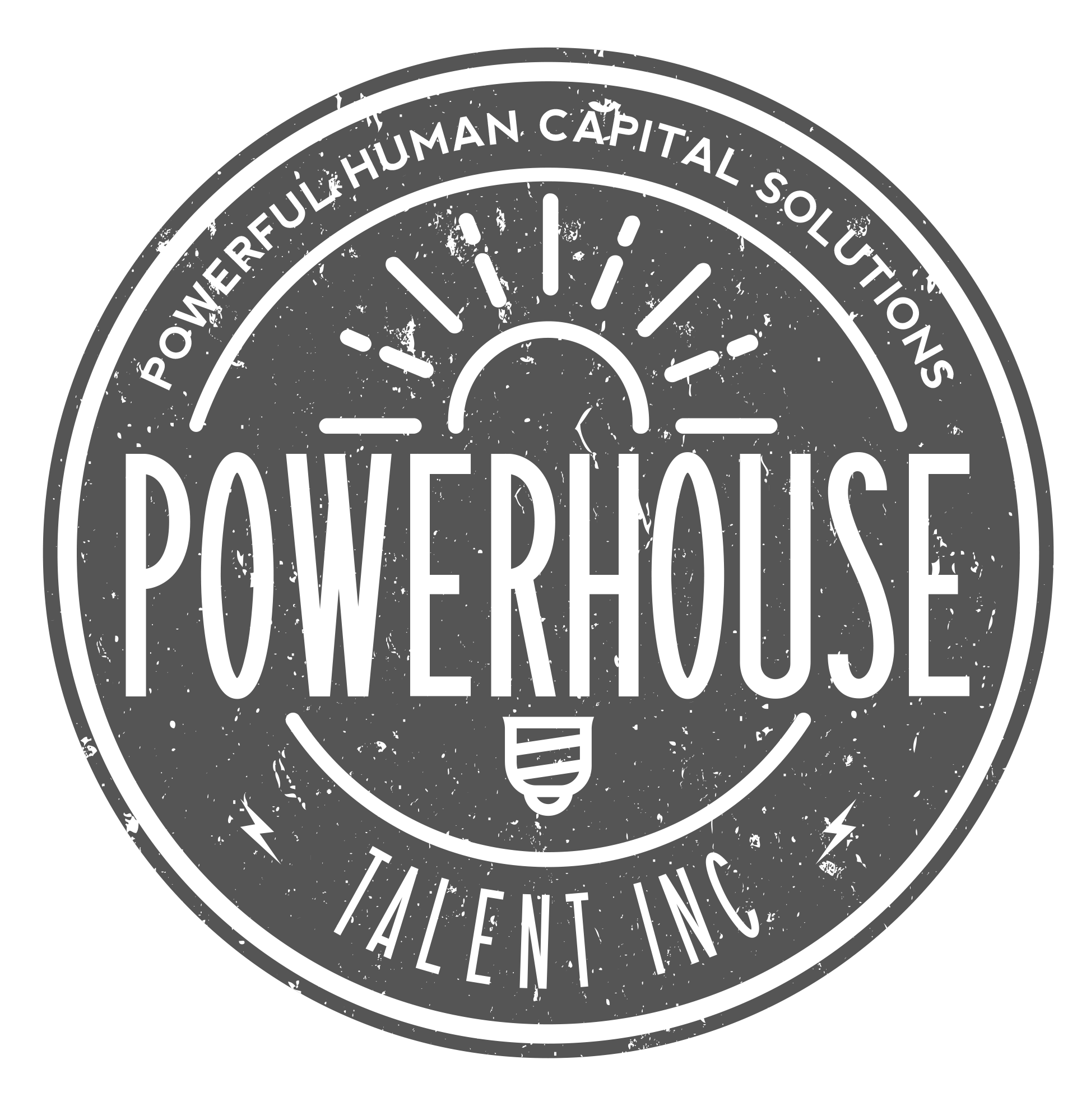
Your Sneak Peek into 2024: HR’s Impact on the Future Workplace
It’s that time of year again. You know the time of year where we pause in deep reflection and plan for the upcoming year while predicting changes in the business and people landscape. Twenty-twenty-three was a year of many moving pieces. We saw economic shifts, talent shortages in certain sectors while other industries hit the brakes on growth or even made workforce reductions.
As we step into 2024, Human Resources or People & Culture will continue its transformative journey focusing on a rapidly evolving technological landscape, a heightened interest and demand for increased well-being, finding new ways to work together that ignite connection, creativity, and alignment while considering both business need and work style preferences.
Ready to explore some critical dimensions of the employee experience in 2024 and beyond? Let’s do this!
Artificial Intelligence (AI)
Was it even a question that AI would show up on this list? Of course not. The big question on the minds of employers is how this new technology gets embedded into our workplaces. Businesses are grappling with concerns around how to utilize these incredible tools while maintaining confidentiality. There is an opportunity to help team members use their gifts and talents more fully by leveraging AI as their assistant to streamline or automate certain tasks. AI may also present feelings of insecurity amongst our teams who may worry about job stability or not knowing how to use those innovative tools.
What can HR do: Update confidentiality policies to reflect the use of AI. Train team members on how to use new tools to allow them to better utilize their time for more human-centric work.
Work style
In 2024, we will continue to see employers trying to navigate the changing workplace. For some, remote-first became a mainstay yielding rich savings from real estate costs, broadening talent pools, and supporting employee flexibility. For others, a return to the office, be that full-time or hybrid continues to be a work in progress. Many employers will continue to search for the sweet spot of how to attract and retain valued talent while also providing meaningful time together to deepen relationships, share knowledge, and harness the power of their organizational culture.
What can HR do: Speak with your team to better understand what matters to them while also considering business need. Investigate other aspects of work style beyond real estate costs including inclusion in order to remove barriers for strong representation.
Employer brand
More and more, employers are recognizing that employer brand work like consumer brand, requires ongoing attention. While some may associate employer branding with recruitment, strategic employers understand but it represents vital key associations made with them as an employer in a very crowded marketplace. In 2024, employers will continue to reflect on their employer brand, and amplify employee stories thereby helping to unite existing teams while magnetizing perspective talent.
What can HR do: HR leaders can embark on an Employee Value Proposition (EVP) development project to crystallize their “why” as well as assist them in building an employee lifecycle with intentionality. For those employers who have already develop their EVP, now is the time to reflect and update as necessary, as well as continue the ongoing work to help amplify employer brand key messages.
Not sure how to get started?
Check out Powerhouse Talent’s Brand Foundations Program that guides organizations through this critical strategic work. Powerhouse Talent also has a digital program called Land Your Brand. Learn more below.
Starting an employer brand project?
Land Your Brand is more than a course, it’s an EB project toolkit!
Well-being
Gone are the days of the glorified hustle culture. Savvy employers understand that employee well-being pays dividends. Did you know that burnout costs “15% to 20% of total payroll in voluntary turnover costs, on average” according to Gallup. Employee well-being comes in many forms. This may be feeling tremendous support from their manager, access to strong people programs, having realistic work expectations, taking time needed to enjoy loved ones and hobbies, etc.
What can HR do: Invest in additional training for people leaders to better support employee needs. Promote organizational people programs (EAP, medical benefits, etc.) to grow awareness. Workforce plan in a manner that creates reasonable expectations for team members. Investigate other support modalities to promote well-being such as yoga, meditation, mindfulness, workshops, etc.
Belonging
The important work of nurturing belonging in the workplace continues. Diversity comes in many forms…cultural, age, gender, abilities, etc. Representation at all levels including on leadership teams and boards requires ongoing commitment to removing barriers and deepening inclusion within our workplaces.
What can HR do: Dig into the barriers that exist today and build a plan to help remove them. Educate people leaders on inclusive leadership. Partner with Employee Resource Groups (ERGs) and community organizations to develop programing focused on lived experiences that share, enlighten, and connect team members. Amplify voices, share stories, and continue to reflect on and commit to positive progress.
Upskilling and Reskilling
The skills of today may not be the skills for tomorrow. Helping our teams evolve alongside our organizations reduces churn and preserves institutional knowledge. Hiring for learning agility will also continue to become increasingly important.
What can HR do: Help managers better understand attributes for long-term success when hiring (such as learning agility). Create knowledge transfer plans that help employees stay and evolve with the organization. Create a learning culture by promoting access to micro-learning on desired skills.
Human-Centric Leadership
In 2024 we will (hopefully) continue to see the shift away from legacy thinking of command-and-control leadership to a people-first style where accessible leadership is celebrated. This human-centric approach helps remove historical hierarchal barriers to powerful collaboration. Its philosophy is rooted in a notion that though playing different roles, we are united in our shared mission. It’s a move towards greater empathy, accessibility, inclusion, recognition, commitment to employee well-being, etc.
What can HR do: Assist in the hiring of senior leaders that embody modern leadership values. Measure against designed values on employee surveys. Hold leaders accountable for leading in a manner that is in alignment with the organization’s people philosophy. Invest in mentors and coaches for leaders to deprogram former management styles and step into the modern world of human-centric leadership. Encourage senior leaders to model behaviours that support employee well-being (taking time of for loved ones and hobbies, reasonable working hours, etc.).
There’s no doubt 2024 will throw us some curveballs but these fundamental dimensions of a positive employee experience will continue to be areas of development for all employers globally as we move into the coming year. Here’s to a 2024 filled with strong employee wellness, gifts and talents being fully utilized, a workforce rich and belonging, and leaders that inspire both the achievement of business objectives and a personal and professional life well lived.


